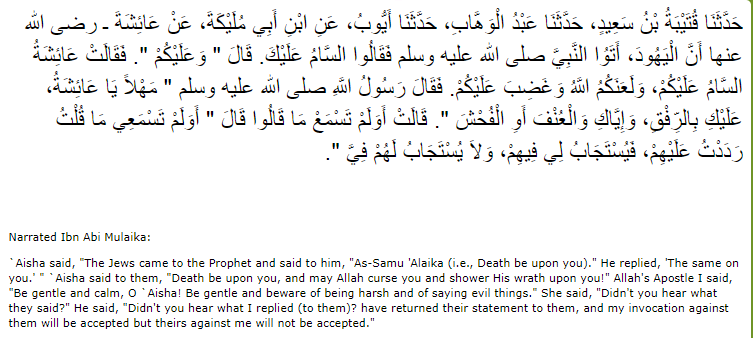The Ḥanafī jurist al-Ṭaḥāwī (d. 933) states in his Mukhtaṣar ikhtilāf al-ʿulamāʾ that the standard view of Abū Ḥanīfah’s (d. 767) school was that a non-Muslim living in Muslim lands, a dhimmī, who insulted or criticized the prophet Muḥammad could be punished but not ...
.. executed outright by authorities – a view also attributed to Sufyān al-Thawrī (d. 778.) Ṭaḥāwī mentions other views of course: the Medinan jurist Mālik ibn Anas (d. 765) held that a Jew or Christian who insults the prophet Muḥammad must either become Muslim or be killed;
Ibn ʿUmar likewise permitted killing such a person; and al-Layth ibn Saʿd (d. 791) did as well.
Al-Shāfiʿī (d. 820) lists a whole list of malfeasances that would merit death for a dhimmi: an ill word against the Qurʾan, the prophet, or Islam; having sex with a Muslim woman; ...
Al-Shāfiʿī (d. 820) lists a whole list of malfeasances that would merit death for a dhimmi: an ill word against the Qurʾan, the prophet, or Islam; having sex with a Muslim woman; ...
causing a Muslim to abandon his religion; brigandage; spying; sabotage; etc.
What I find interesting about these early discussions is that they all are focused on non-Muslims living in *Muslim lands*, certainly not elsewhere. Also, al-Ṭaḥāwī makes a rather compelling case ...
What I find interesting about these early discussions is that they all are focused on non-Muslims living in *Muslim lands*, certainly not elsewhere. Also, al-Ṭaḥāwī makes a rather compelling case ...
for the Hanafi position by citing the following hadith. He still permits the execution of apostates, but he notably cites this response as the model for Muslims who encounter any one who insults the Prophet.
Are there any earlier Hanafi texts that discuss this topic?The original Arabic text can be read here. https://archive.org/details/MukhtasarIkhtlafUlUlama/%D9%85%D8%AE%D8%AA%D8%B5%D8%B1%20%D8%A7%D8%AE%D8%AA%D9%84%D8%A7%D9%81%20%D8%A7%D9%84%D8%B9%D9%84%D9%85%D8%A7%D8%A1%20%D8%AC%D9%84%D8%AF%203/page/n503/mode/2up

 Read on Twitter
Read on Twitter






